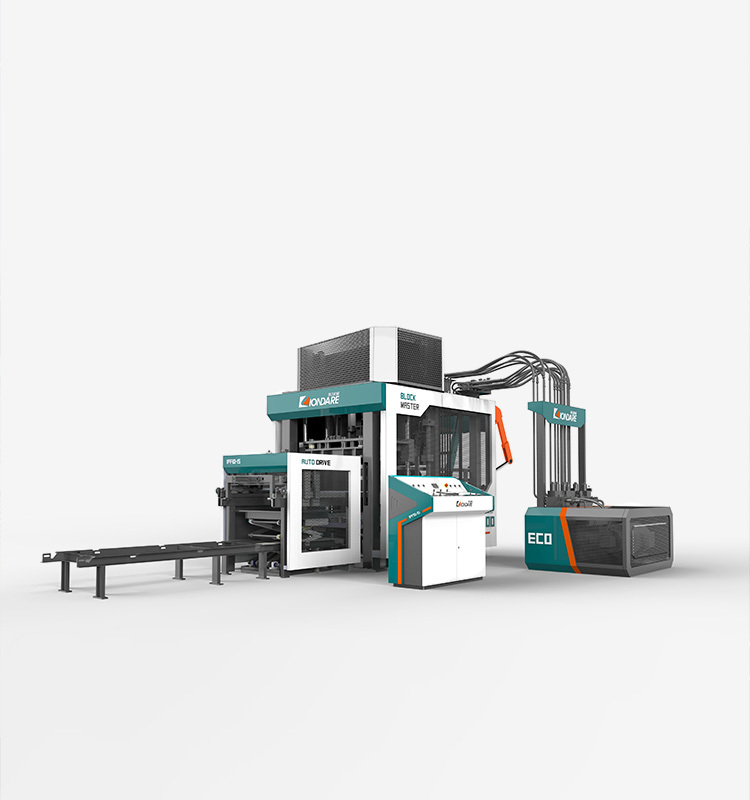You must not know that in addition to commemorating Qu Yuan, the Dragon Boat Festival has three other legends
2019-02-26 16:42

The Dragon Boat Festival is a traditional festival of our Chinese nation, and every year during the Dragon Boat Festival, dragon boat events will be held in various places, tasting various flavors of zongzi, drinking Xionghuang wine, and even storing noon water for bathing. The Spring and Autumn Warring States period of the Dragon Boat Festival has more than 2000,<> years of history, but the origin of the Dragon Boat Festival, in addition to the well-known Qu Yuan who surrendered himself to the river, there are other allusions, and I will tell you four of them:
1. Commemorate Qu Yuan
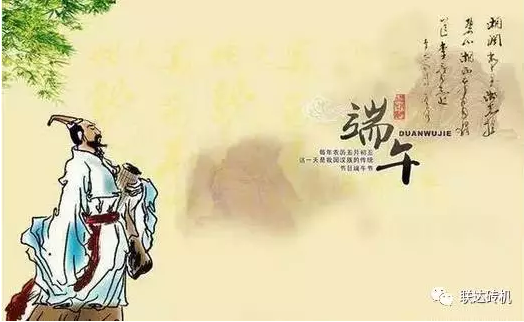
The first legend of the Dragon Boat Festival is commemorating Qu Yuan and is also the most widely spread. According to the "Records of History", Qu Yuan was a minister of King Huai of Chu during the Spring and Autumn Period. He advocated the promotion of meritocracy and empowerment, enriched the country and strengthened the army, and strongly advocated uniting Qi against Qin, but was strongly opposed by the nobleman Zilan and others, and Qu Yuan was dismissed from his post, expelled from the capital, and exiled to the Yuan and Xiang river valleys. In exile, he wrote immortal poems such as "Leaving the Troubles", "Tianwen", and "Nine Songs" that worried about the country and the people, which had a unique style and far-reaching influence (therefore, the Dragon Boat Festival is also called the Poets' Day).
In 278 BC, the Qin army attacked the Chu state of Kyoto. Qu Yuan saw his motherland being invaded, and his heart was like a knife, but he could not bear to abandon his motherland, and on May <>, after writing his masterpiece "Huaisha", he bouldered and threw himself into Luojiang, composing a magnificent patriotic music with his own life.
According to legend, after Qu Yuan's death, the people of the Chu State were extremely sad and flocked to the Miluo River to pay tribute to Qu Yuan. The fishermen rowed their boats and went back and forth on the river to salvage his real body. A fisherman took out the rice balls, eggs and other food prepared for Qu Yuan, and threw them into the river "plopping and plopping", saying that if the fish, lobsters and crabs were full, he would not bite Dr. Qu's body.
After seeing this, people followed suit, and an old doctor brought a pot of yellow wine and poured it into the river, saying that he wanted to stun the dragon water beast so as not to hurt Dr. Qu. Later, fearing that the rice balls would be eaten by dragons, people came up with the idea of wrapping rice with neem leaves, wrapping colored silk around the outside, and developing into browns.
Since then, on the fifth day of May every year, there have been customs of dragon boat racing, eating rice dumplings, and drinking Xionghuang wine; This is to commemorate the patriotic poet Qu Yuan.
2. Commemorate Wu Zixu
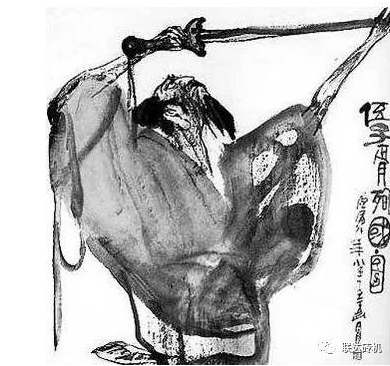
The second legend of the Dragon Boat Festival, which is widely spread in Jiangsu and Zhejiang, is to commemorate Wu Zixu in the Spring and Autumn Period. Wu Zixu, a native of the State of Chu, his father and brother were all killed by the King of Chu, and later Zi Xu abandoned the secret and fled to the State of Wu, helped Wu and Chu, and entered the capital of Chu in five battles. At that time, King Chuping was dead, and Zixu dug up the grave and whipped 300 corpses to avenge the killing of his father and brother.
After the death of King Wu, his son Fucha succeeded to the throne, the morale of the Wu army was high, and he won a hundred battles, and the country of Yue was defeated. Zi Xu suggested that the country of Yue should be completely eliminated, but the husband did not listen, and the state of Wu was slaughtered, bribed by the country of Yue, and framed Zi Xu with rumors, and the husband sent a letter to give Zi Xu a sword, and Zi Xu died with this.
Before dying, Zi Xu said to his neighbors: "After I die, I will gouge out my eyes and hang them on the east gate of Wu Jingzhi to see the Vietnamese army enter the city and destroy Wu", so he killed himself, and the husband was so angry when he heard this, he ordered Zi Xu's body to be packed in leather and thrown into the river on May 5, so it is said that the Dragon Boat Festival is also a day to commemorate Wu Zixu.
3. Commemorate the filial daughter Cao E
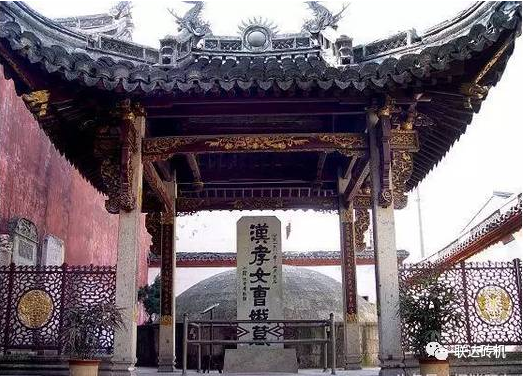
The third legend of the Dragon Boat Festival is to commemorate the Eastern Han Dynasty's filial daughter Cao E who saved her father and threw herself into the river. Cao E was a native of Shangyu in the Eastern Han Dynasty, and her father drowned in the river and did not see the body for several days, when her filial daughter Cao E was only fourteen years old and cried day and night along the river.
Seventeen days later, he also threw himself into the river on May 5, and five days later took out his father's body. It became a myth, and then passed on to the governor of the prefecture, and Ling Du Shang erected a monument to it, and his disciple Handan Chun made a speech to praise.
The tomb of the filial daughter Cao E, in present-day Shaoxing, Zhejiang, was later written by King Yi of Jin. In order to commemorate Cao E's filial piety, the descendants built the Cao E Temple at the place where Cao E threw herself into the river, and the village and town where she lived were renamed Cao'e Town, and the place where Cao E was martyred was named Cao E River.
Fourth, derived from the ancient Yue ethnic totem festival
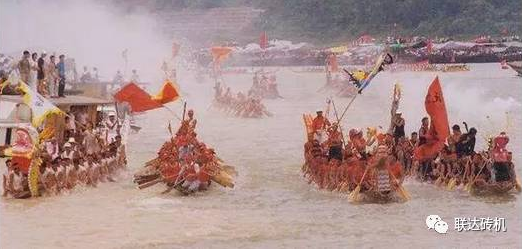
The fourth legend of the Dragon Boat Festival is the traditional festival of the totem sacrifice of the ancient Yue people. A large number of cultural relics and archaeological research have been excavated in modern times to confirm that in the vast area of the middle and lower reaches of the Yangtze River, in the Neolithic period, there was a cultural remains characterized by geometric printed pottery. The surviving clan is a tribe that worships a dragon totem---- historically known as the Baiyue tribe.
The ornaments and historical legends on the excavated pottery indicate that they had the custom of breaking their hair and tattooing, lived in water towns, and compared themselves to the descendants of dragons. A large number of its production tools are still stone tools, but there are also small bronze tools such as shovels and chisels. As a daily necessities, the printed pottery of boiled food is unique to them and is one of the symbols of their ethnic group.
Until the Qin and Han dynasties, there were still Baiyue people, and the Dragon Boat Festival was a festival they founded for ancestor worship. In the course of thousands of years of historical development, most of the Baiyue people have integrated into the Han people, and the rest have evolved into many ethnic minorities in the south, so the Dragon Boat Festival has become a festival for the whole Chinese nation.
For many years, Lianda has focused on technological innovation, actively participated in industry exchanges, and absorbed the latest international advanced technological achievements. Through nearly five years of technological research and development, it has successfully developed a production line for "polystyrene particle lightweight aggregate concrete blocks", "ecological and environmental protection permeable bricks" fully automatic permeable brick forming machines, and a production line for "sintered ceramic permeable bricks" fully automatic support free CNC hydraulic forming machines with some excellent domestic energy-saving building materials companies. In order to achieve complete automation and reduce manual labor, we have successfully developed a fully automatic brick stacker. We can customize high or low position stackers according to customer needs.
Related information





